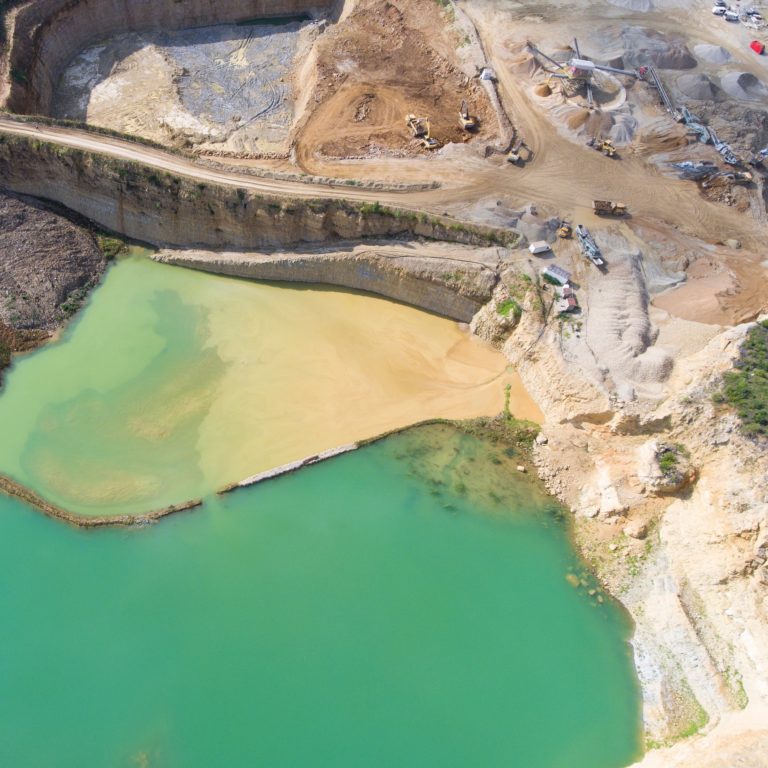
Category Governance & Law


Dapiran Observes a City on the Edge

Operation Mercury and Illegal Mining in Latin America
The Hacker and the State by Ben Buchanan

The Governance Competition in the Americas: “Criminal Charity” During COVID-19 Will Have Decade-long Consequences
Latin America’s criminal groups have leveraged the coronavirus pandemic to win the goodwill and support of local populations by delivering humanitarian assistance and co-opting public service provision in communities underserved by state institutions. Such levels of “criminal charity” could complicate the future efforts of Latin America’s weakest states to dismantle and defeat organized crime groups, whose power has grown in recent years.
On The Taming of Free Speech
In the 1920s, the ACLU brought civil liberties to the forefront of political discussion. Despite the Bill of Rights being in place, the inability of the judiciary to act on civil liberties caused constraints on the relationship between the state and its citizens. As a result, civil liberties had limited effects on society. As an example of the shifts in civil liberties, Weinrib focuses on the creation of the ACLU as an offshoot of the American Union Against Militarism (AUAM) with an agenda to press the U.S. government for the expansion of civil liberties during WWI. In doing so, the author illustrates the conflict between citizens and the state over civil liberties and the aim of the AUAM to create a balance between social interests and to promote civil liberties.
Confucius Corrects The Communist Party
The return of Confucius as a notable figure in the Chinese government's public presentation has been the subject of substantive scholarly discussion. Unlike much of this work, however, the present paper engages two questions difficult to assess within pure academia: how does the government fare when judged from a traditional perspective it now uses to justify its own actions, and what effects, if any, would closer adherence to that tradition have on modern governance?
Franco-German Relations: Transition of Power in the EU, But the Same Message
If France and Germany are not able to maintain a pro-democratic message, the liberal world order will lose its foothold in Europe. Fragmentation in German politics is among the greatest threats to the democratic cause.
Blockchain for Governance: Four Use Cases for Encouraging Timely Development and Adoption
The blockchain movement originated as part of a libertarian solution counter to centralized authority. And now, ironically, it is governments that are increasingly interested in the potential of blockchain and distributed ledger technologies (DLTs). ... Indeed, Blockchain technologies are poised to significantly benefit public services by improving governments' efficiency and transparency. This article argues why and how governments should more boldly pursue the use of blockchain technology as a tool for improved governance outcomes.
Why U.S. Foreign Aid Should Not Be Conditioned on United Nations General Assembly Voting Patterns
Tying U.S. aid to individual recipient countries’ voting patterns in the UNGA ... would ultimately deprive the United States of a great tool with which it has so uniquely built its greatness around the world and the world around it: foreign aid.
A Brief Introduction to Blockchain and Distributed Ledger Technologies for Informed Policymaking
Blockchain has swept contemporary discourse, from tech circles to governments worldwide. But many presentations of blockchain often either oversimplify what it actually is or aim at highly technical audiences. Basic historical and technical understanding are prerequisites for informed consideration of blockchain’s implications, as well as for bringing its potential to bear in new domains. Providing that understanding is the purpose of this paper.
Middle Powers to the Rescue?
For seven decades, the United States has prided itself in being a reliable and committed NATO partner, willing to protect all allies at all times. Today such assurances no longer appear rock-solid. ... In this context, one is reminded of Czech-born writer Milan Kundera’s insightful words regarding the fate of small countries: “What distinguishes the small nations from the large is not the quantitative criterion of the number of their inhabitants; it is something deeper: for them their existence is not a self-evident certainty but always a question, a wager, a risk.”
